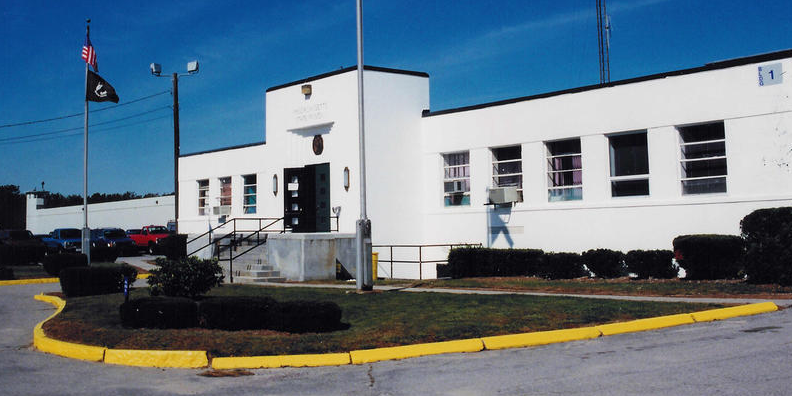Community
2 Massachusetts businesses fined, 17 others notified for asking about criminal records on initial job application

BOSTON –Attorney General Maura Healey announced today that agreements have been reached with two Massachusetts employers, and warning letters have been sent to 17 other businesses found to be in violation of a state law barring employers from asking about criminal record information on an initial job application.
“The pathway to economic security starts with getting a job,” said AG Healey. “Too many people who have paid their debt to society still face barriers to even landing an interview. These actions are an effort to give all job applicants a fair chance.”
Today’s announcement is the result of an investigation by the AG’s Office into whether Massachusetts employers are complying with the state’s “ban the box” law, which prohibits most employers from asking job applicants about their criminal history on an initial job employment application. The “ban the box” law was first enacted in 2010 as part of a legislative effort to reform the state’s criminal record information (CORI) system. Prior to the passage of the “ban the box” law, applicants who revealed a criminal history by checking a box on the application were often categorically excluded by employers in the initial hiring phase.
The goal of the 2010 CORI law was to address high unemployment and barriers to re-entry for people with criminal records by improving their access to employment opportunities. These barriers especially impact communities of color where residents are disproportionately affected by the criminal justice system.
The AG’s Office found through its investigation that 19 businesses were violating state law by asking questions about applicants’ criminal histories on initial job applications. The questions included whether the applicants had ever been convicted of violating the law, whether they had ever been convicted of a felony or misdemeanor other than a minor traffic violation, and whether they had ever been convicted of a felony. The AG’s Office reached agreements with Brooks Brothers, a clothing designer with 11 locations in Massachusetts, and DesignWerkes, Inc., a product design and manufacturing company in Amesbury. Under the agreements, the employers each paid $5,000 to the state and came into compliance with the law at all Massachusetts locations.
“The Attorney General and her staff are to be applauded for these efforts because passing a good law only takes us halfway— enforcement like this is critical,” said Pauline Quirion, Director of the CORI & Re-entry Project at Greater Boston Legal Services.
“The BBA supports the Attorney General’s ‘ban the box’ enforcement efforts because we agree that people shouldn’t continue to suffer adverse employment consequences long after they have paid their debt to society,” said Michael Avitzur, Boston Bar Association Director of Government Relations and Public Affairs. “We are working with the Trial Court and other advocates to help qualified applicants pursue sealing of their criminal records.”
The AG’s Office also sent letters to 17 Massachusetts employers warning them that they were in violation of the law and needed to come into compliance. All 17 employers have confirmed compliance with the law following receipt of the letters.
State law generally prohibits most employers from asking job applicants about certain criminal records during any stage of the hiring process, including: criminal cases that did not end in a conviction; an arrest or detention that did not end in a conviction; a first conviction for drunkenness, simple assault, speeding, disturbance of the peace, affray or minor traffic violations; misdemeanor convictions that are more than three years old; sealed or expunged criminal records; and juvenile records.
In June 2018, AG Healey’s Office announced it had conducted an investigation into compliance with the “ban the box” law and found that 21 businesses were in violation. The office reached agreements like those announced today with four national employers and issued warning letters to 17 other Boston area businesses.
These enforcement actions are part of a larger ongoing effort by AG Healey and her Civil Rights Division to educate residents and businesses about the law and to ensure that a person’s CORI is not used improperly to deny access to housing or employment. In 2017, the AG’s Office published “Know Your Rights – Criminal Records: A Guide to Rights to Housing and Employment.” In July 2015, AG Healey successfully advocated for the elimination of a law that required the mandatory suspension of a person’s driver’s license after a drug conviction. The AG’s Office was also supportive of reforms to the CORI law in the criminal justice reform legislation passed last year. 2 business






You must be logged in to post a comment Login